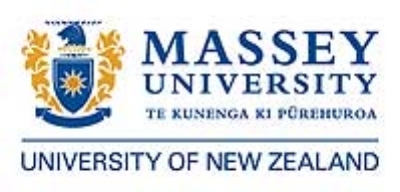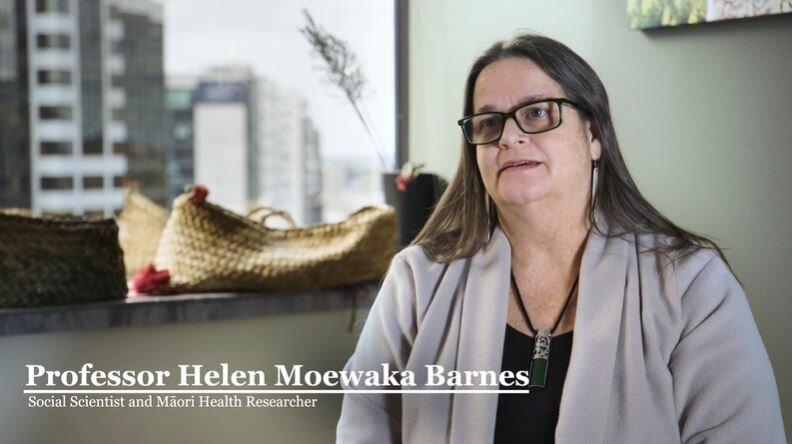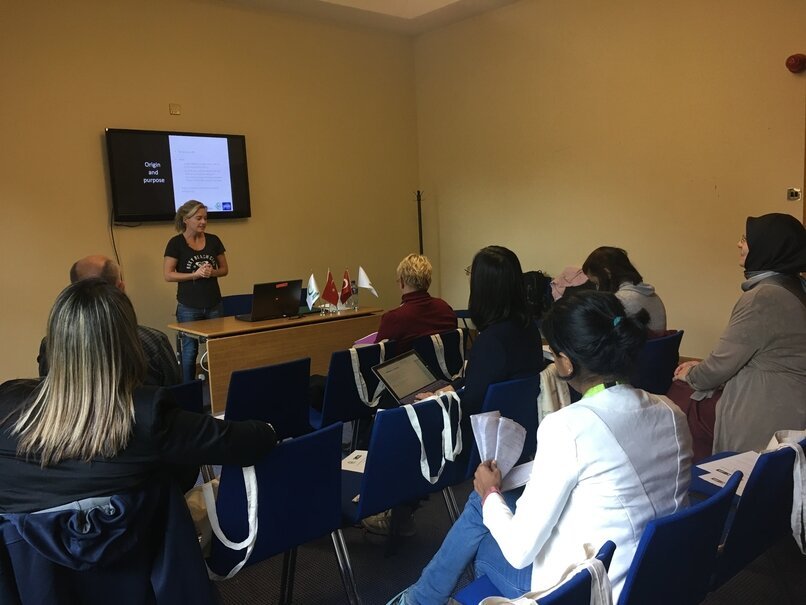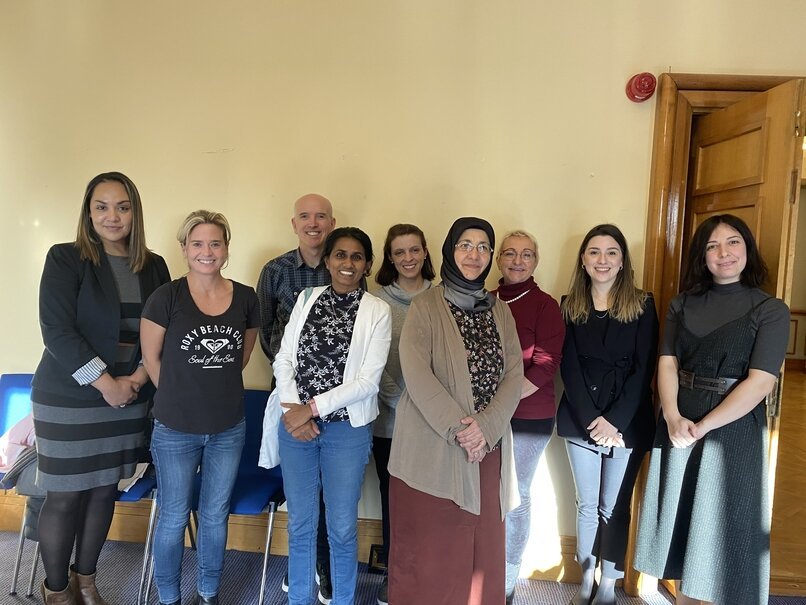A very successful Global Alcohol Policy Conference was held in Dublin in early March just before the Covid shutdowns.
The Minister of Health of Ireland, Simon Harris, in a rousing opening address told the conference participants of the stiff opposition from the alcohol industry he had overcome in order to pass Ireland’s new Public Health (Alcohol) Act and encouraged greater global co-operation to reduce alcohol harm. He thanked Professor Sally Casswell of Massey University College of Health for her work as chair of the International Organising Committee in bringing the conference to fruition.
Several presentations were made by staff from the SHORE & Whariki Research Centre in the conference which drew researchers, advocates and health sector officials from 47 countries, despite the looming Covid threat.
The plenary speeches are being used in a Workplace project to allow greater dissemination of presentations drawn from diverse speakers. Civil society actors and academics with an interest in alcohol policy are invited to register https://globalgapa.org/discussion2020.
Professor Casswell suggests this initiative may be a valuable rehearsal for the way international conferences will be organised in the future.
























